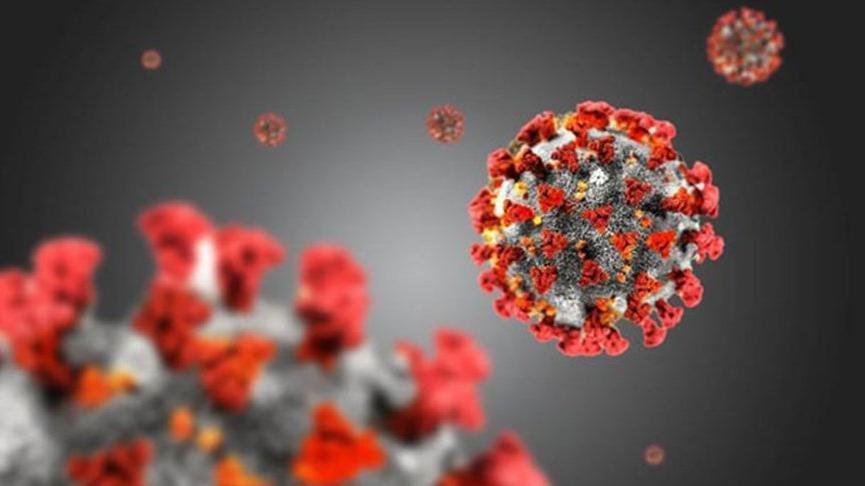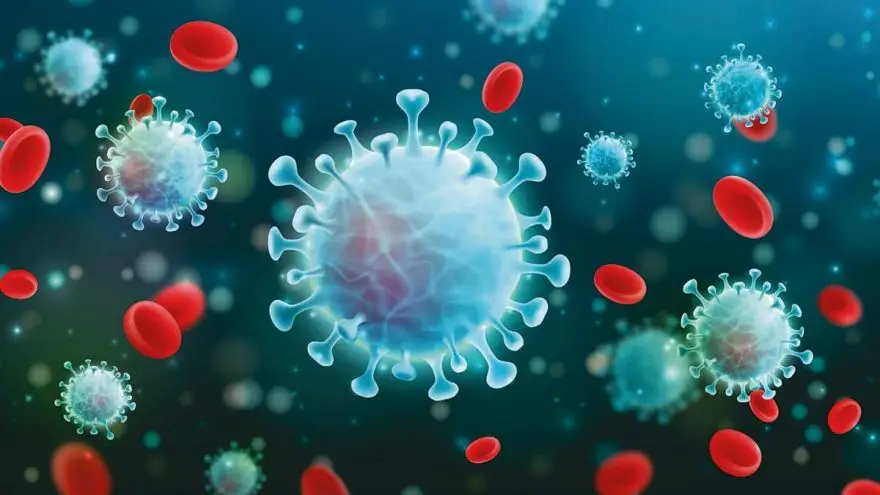A new variant of SARS-CoV-2 appeared in the UK, what do we know about it for now? For some weeks now there has been a rapid increase in cases of COVID-19 in the south-east of England, which has led the British authorities to tighten up the restrictive measures. Analysis of viral genome sequence data has identified a large proportion of cases that belong to a new variant of SARS-CoV-2.
- Google will inform you when the COVID-19 vaccines are available in your area
- Moderna begins testing its COVID-19 vaccine among adolescents
- Pfizer slashes the doses of COVID-19 vaccine it hopes to produce by 2020
What do we know about the new variant of SARS-CoV-2?
The new strain has several mutations in the spicule, which is the protein that the virus uses to enter human cells and, according to the European Centre for Disease Prevention and Control (ECDC), could have a transmission capacity up to seventy times higher. Although at the moment it does not seem that this new variant, provisionally called VUI-202012/01, is more lethal or produces more serious infections, it is still early to know the details.
In any case, the viruses mutate very frequently and this is not the first variant found that worries the health authorities. For example, last summer in Denmark millions of minks infected with another variant of SARS-CoV-2 that presented a significant risk to humans. The inevitable question that we all ask ourselves is: will the vaccines be effective also for these new variants of the virus that are appearing?
“We are not seeing any increased virulence (clinical severity) or major changes in S (peak protein) that would reduce the effectiveness of the vaccine, so far,” Julian Tang, honorary professor of clinical virology at the University of Leicester states that: “New viruses will adapt to a new host over time – with decreasing mortality, and possibly increasing transmissibility. It makes no sense for the virus to kill its host – rather better for it to replicate to high levels in the host, causing few symptoms – so that the host can stay mobile and appear well (asymptomatic) – to allow it to mingle further with those who are still susceptible – and spread its genes further. We are now likely seeing some of this new host adaptation process in SARS-COV-2, but it remains to be seen whether mortality will be different with this variant than with the previous one.”
Is the PCR capable of detecting the new variant?
Another question that arises is whether the tests that are usually used are capable of detecting the new strains. The director of the SARS-CoV-2 Genomics Initiative at the Wellcome Sanger Institute explains that: “One of the mutations in the new variant deletes six bases in the viral genome that encode amino acids 69 and 70 of the spike protein. By coincidence, this region is one of three genomic targets used by some PCR tests, and so in those tests that “channel” comes up negative on the new variant. However, the other two channels, which are not affected by the new variant, provide redundancy, and mean that the virus is still detected by the combined test. I’m not aware of any commercial tests that use just one target in this part of the viral genome, but if there are, they should be carefully investigated.”

The ECDC also recommends reviewing the performance of PCR tests and following up on suspected cases of re-infection by COVID-19 by sequencing the viruses isolated from these cases to identify new variants. “With the implementation of vaccination, close monitoring of people vaccinated with COVID-19 should be ensured to identify possible vaccination failures and breakthrough infections. Viruses isolated from these cases should be sequenced and characterized genetically and antigenically,” the agency said in its report on the new variant of SARS-CoV-2.





